
As Crosswalk contributor Mike Foust pointed out, dividing movies into either “faith-based” or “secular” can be useful but creates a problem: “It can prevent us from seeing the truth—and perhaps even the gospel – in secular films.”
Because all truth is God’s truth, even movies made by mainstream studios can provide powerful glimpses of truth. They might even help us see biblical ideas in new ways. Here are 20 movies worth looking at for that purpose. They include everything from classic dramas to modern action movies.
Foust’s list of 10 secular movies with Christian values contains many family-friendly films. This list includes some movies for kids and some movies where characters make messy choices as they reach for redemption. Like Christianity.com’s recent article “10 Great Easter Movies about the Life of Jesus,” each entry includes where to find a parental guide.
Photo Credit: Erik Witsoe/Unsplash
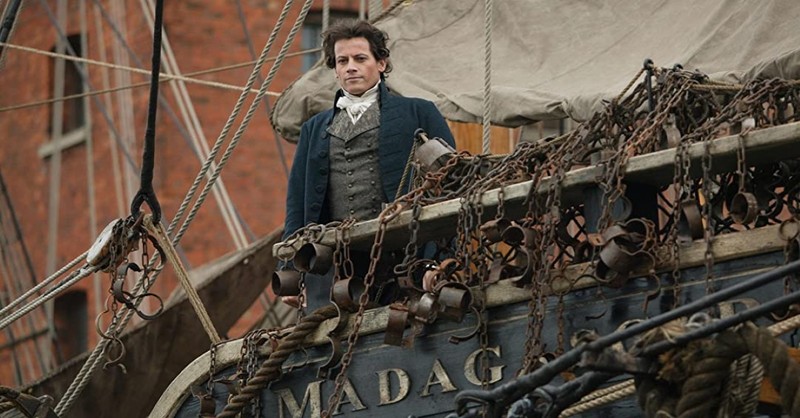
1. Amazing Grace (2006, directed by Michael Apted)
William Wilberforce is a young statesman poised for greatness. When he becomes a Christian, Wilberforce considers giving it all up. Then he finds a new goal: ending the British slave trade. The path to ending slavery proves complicated, turning friends into enemies. At the same time, old friends like “Amazing Grace” songwriter John Newton aid Wilberforce’s campaign.
Many movies have been made about important Christians who changed their societies. Amazing Grace is a rare example where the important Christian doesn’t seem superhuman, nor do his foes seem like one-dimensional monsters. Viewers see the political and financial obstacles that made slavery appear necessary to the British Empire, making Wilberforce’s mission seem impossible. They also see the long road of faithfulness with few rewards that Wilberforce had to walk.
Photo Credit: FourBoys Films/Walden Media/Bristol Bay Productions/Ingenious Film Partners via IMDb
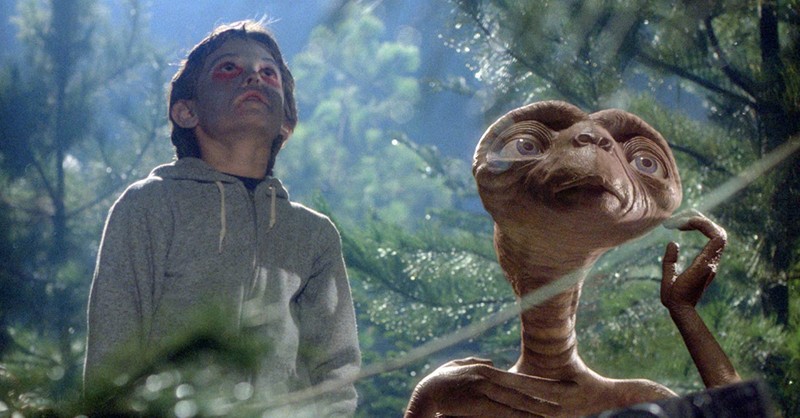
2. E.T., the Extra-Terrestrial (1982, directed by Steven Spielberg)
Steven Spielberg has made several movies with religious imagery. Close Encounters of the Third Kind contains many biblical references (going to the mountain, people called for a special mission, etc.). This beloved sci-fi film from the 1980s is an example of Spielberg entering religious territory by accident.
When an alien gets left behind on a mission to earth, he befriends three kids who nickname him “E.T.” They look for a way to get E.T. home, unaware that mysterious forces trail them. This story contains reflections about friendship, loyalty, family, and some surprising Christ parallels. As Aaron Latham observes, E.T. is a healer with followers who undergoes death and rebirth and ascends to the heavens. Screenwriter Melissa Mathison confirmed in a conversation with Latham that she planned those parallels while writing the movie. Spielberg reportedly resisted some of those associations, which didn't destroy them; as Latham puts it, it kept the Christ imagery from being too vert, making E.T. into “a subtle parable.”
Photo Credit: ©NBC
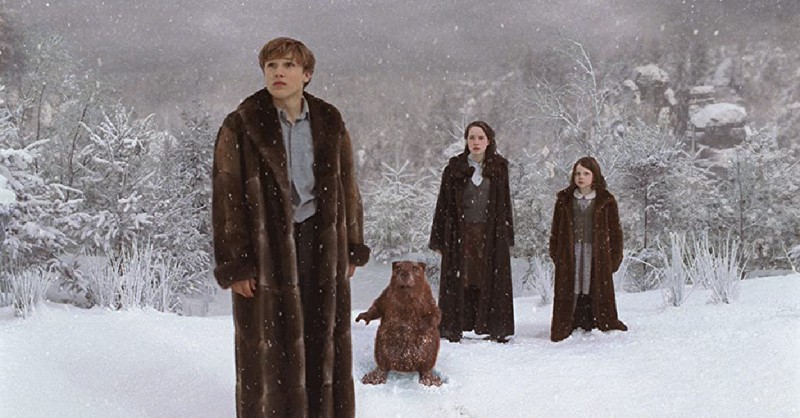
3. The Lion, The Witch and the Wardrobe (2005, directed by Andrew Adamson)
This 2005 film may not be as well-crafted as the Lord of the Rings films or capture each element from C.S. Lewis’ book. However, it captures the core story well: four children come to Yorkshire to escape the London bombings and discover a magic wardrobe leading to another world. Once they reach that world, they discover a wicked witch holding it under her grip… but the true king is coming back.
The story’s religious imagery—characters who fill the roles of Jesus and Judas Iscariot, an uplifting retelling of Jesus’ sacrifice for others—shine through in the movie. Developing the children’s backstories also highlights how family life is messy but worth striving to protect.
Photo Credit: ©Disney
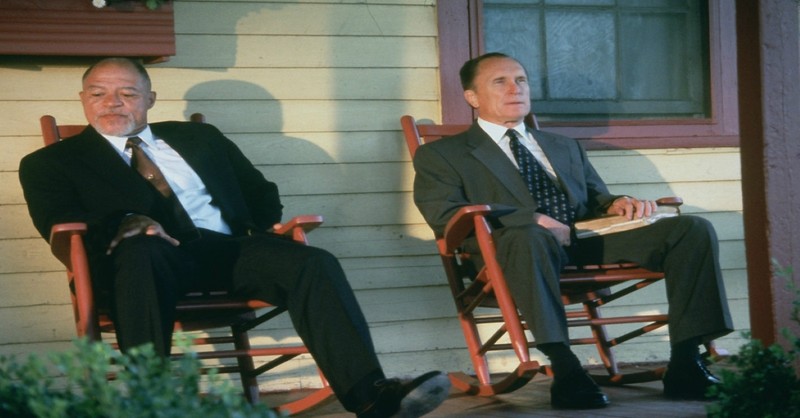
4. The Apostle (1997, directed by Robert Duvall)
Pentecostal preacher Euliss F. “Sonny” Dewey has it all—a thriving church, fancy white suits, influence. When he discovers his youth minister’s having an affair with his wife, Sonny puts the man in the hospital. Now on the run, Sonny finds a poor Louisiana church and restarts his life. His newfound humility helps his new flock find peace. But will he find peace with his own sins?
Most pastors in movies fit one of two caricatures: pious bores or sleazy hypocrites. The Apostle makes Sonny Dewey something else: a man who clearly believes but has clearly lost his way. As he humbles himself, Sonny returns to using his skills for the kingdom. The Apostle refuses to deny the hero’s faith or flaws and presents a complex, insightful portrait of following God.
Photo Credit: Butcher's Run Film via IMDb
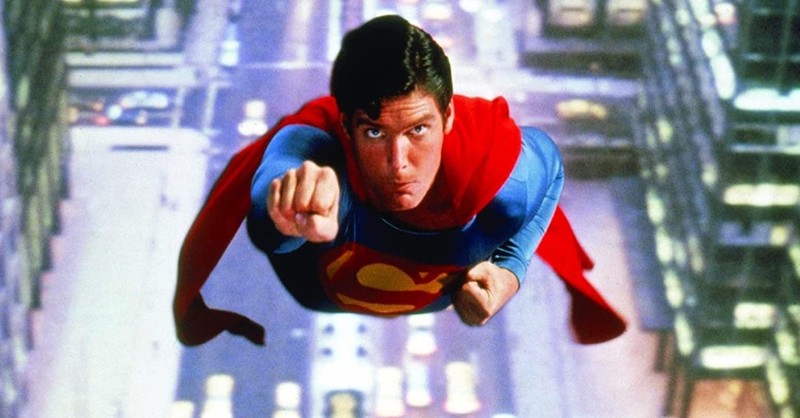
5. Superman (1978, directed by Richard Donner)
Most superhero movies are about Messiah figures, but few have embraced that imagery as clearly as the first Superman movie. It begins with Superman’s parents sending him on a rocket before the planet Krypton explodes. Images of the rocket traveling through space make the surroundings seem beautiful but otherworldly—we can understand why outer space has been called “the heavens.” On Earth, Kal-El hides his powers until he becomes an adult. Like Jesus in the wilderness, he travels to a remote spot where he’s consecrated for his mission. Guided by his father’s voice, he reveals himself to humanity as Superman.
Comedy takes priority in the second act, but even then, Superman’s journey is a Christ figure’s dilemma. He lives as a human, but he’s from somewhere above. Can he reconcile his desire to live a human life with his higher calling?
Photo Credit: Dovemead Ltd/International Film Production/Warner Bros via IMDb
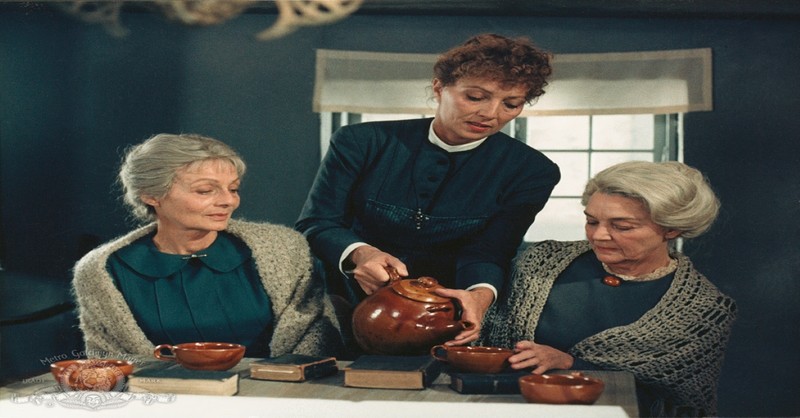
6. Babette’s Feast (1987, directed by Gabriel Axel)
In 19th-century Denmark, a strict Christian community lives apart from worldly things as much as possible. However, it’s been years since the founder died, and his two daughters can’t resolve their congregation’s petty feuds. Babette, a French cook-turned-refugee, adjusts to the community’s simple food and bare lodgings. As the founder’s 100th birthday arrives, Babette offers the daughters a gift: a proper French feast to celebrate. They worry this decadent display will lead to sin but grant Babette’s request. When the feast arrives, the community’s expectations get overturned.
Without making anyone into caricatures, Babette’s Feast shows how the fundamentalist Christians have lost their priority of loving each other. As they engage with Babette, they learn how making something excellently can be a service to God instead of pride. Maybe that service to God can even bring reconciliation to a church that has forgotten its first love.
Photo Credit: Nordisk Film/MGM via IMDb
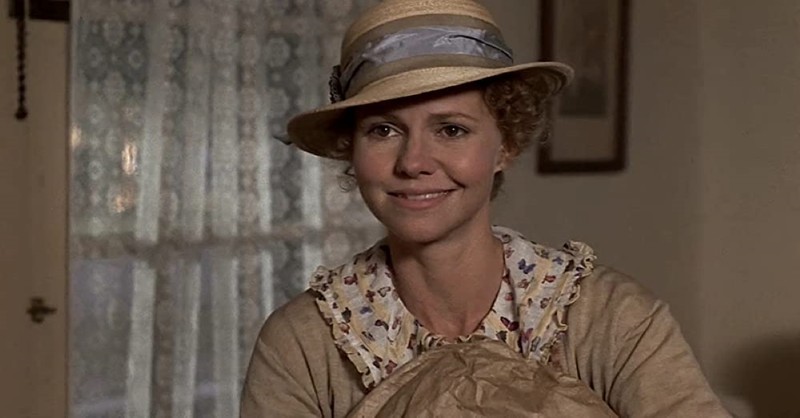
7. Places in the Heart (1984, directed by Robert Benton)
In a small Depression-era Texas town, Edna Spalding has a dilemma. A drunk teenager has shot her husband, leaving her alone to plant a successful cotton harvest to pay off her debts. A ragtag team—an African-American drifter, a blind lodger, and her two children—help her plant. But will the bank and the local Klu Klux Klan let their experiment succeed?
While Places in the Heart sounds like a standard inspirational melodrama, it aims for something meatier. It talks about grieving lost family alongside finding new friends. It tells an inspiring story about fighting the odds but reverses the clichés. It faces the period’s terrible racism in all its complexity. Along the way, Places in the Heart uses religious imagery to consider what it means to belong to “a common body of believers.”
Photo Credit: Delphi II Productions/Tri-Star Pictures via IMDb
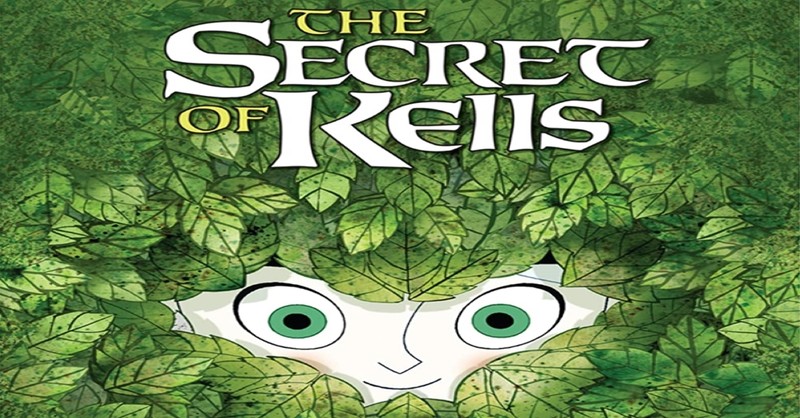
8. The Secret of Kells (2009, directed by Tomm Moore)
In medieval Ireland, monks fortify the walls of the Abbey of Kells to keep out the Vikings. Abbot Cellach only cares about making the walls higher, but his nephew Brendan wants to help create illuminated manuscripts of the Bible. When Cellach’s old friend Brother Aidan arrives with an unfinished manuscript of the Gospels, he seeks Brendan’s help finishing it. To make ink for the book, Brendan must go outside the monastery’s walls for the first time.
The film blends historical fiction with Irish folklore (fairies, enchanted forests) and hand-drawn illustrations that suggest light coming off the book… as if its contents bring light to the darkness. Along with that clear metaphor, the movie cleverly contrasts Brendan’s faith (including love for creativity) with his uncle’s fear-based beliefs (where safety matters more than creativity or generosity).
Photo Credit: Les Armateurs/Vivi Film/Cartoon Saloon/France 2 Cinéma via IMDb
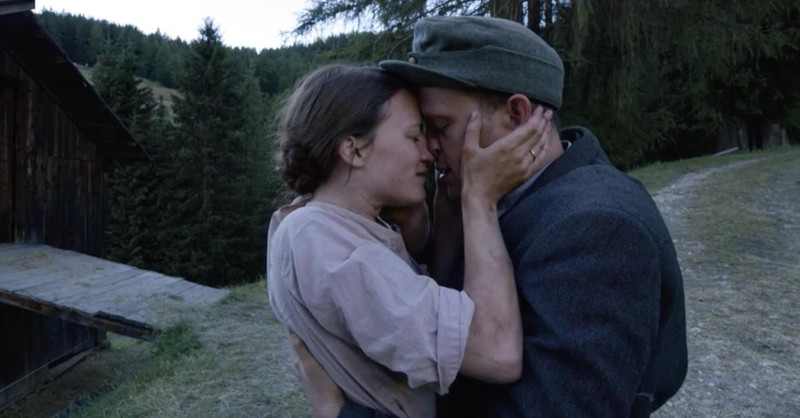
9. A Hidden Life (2019, directed by Terrence Malick)
It’s 1930s Austria, and Franz Jägerstätter lives in a small village. He’s a devout Catholic who wants to stay with his wife and children, tend his fields, and live with his community. When the Nazis invade Austria, Franz is drafted for military training. The consequences of disobeying are death.
Terrence Malick has made many movies that feature nature’s beauty, hints that there may be something divine behind that beauty, and the conflict between nature’s beauty and humanity’s destructive plans. A Hidden Life takes those themes in an overtly religious direction. Franz faces the question of what his faith calls him to do, to whom he must give his true allegiance... even if the answer involves suffering and martyrdom.
Photo Credit: ©Fox Searchlight/Focus Features
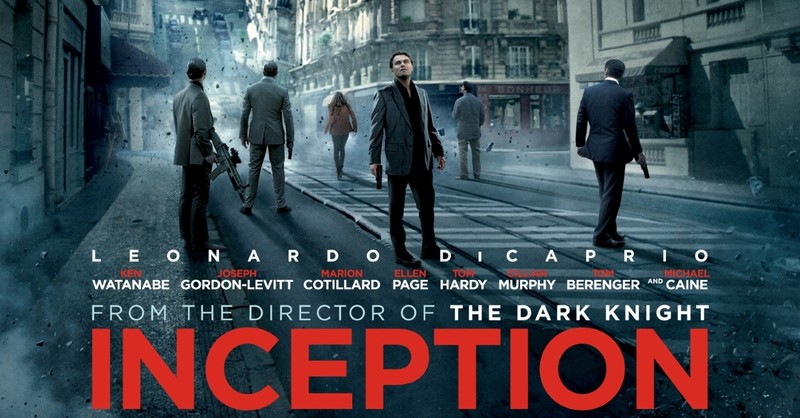
10. Inception (2010, directed by Christopher Nolan)
This mind-binding sci-fi movie depicts a future where specialized drugs let “extractors” break into others’ dreams. Once inside people’s dreams, they can steal business or personal secrets. Dom Cobb is one of the best extractors, living on the run because authorities think he killed his wife. Then a special client offers Cobb’s team something impossible: break into a businessman’s dreams and plant an idea. If Cobb can do it, his legal record will be clean. If not, the “inceptee” will stop at nothing to kill him.
While the jumping between dreams gets complicated, this movie is truly about something simple: regret and our craving for forgiveness. Cobb is slowly forced to admit his past mistakes and recognize that confessing them, reconciling with those he’s hurt, is the only way to finish his mission alive.
Photo Credit: Legendary Pictures/Syncopy/Warner Bros via IMDb
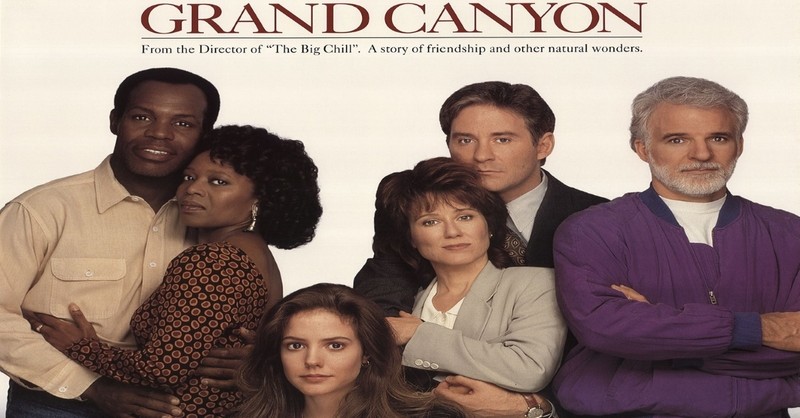
11. Grand Canyon (1991, directed by Lawrence Kasdan)
Los Angeles is no easy place to live. Immigration lawyer Mack knows that. When his car breaks down on the south side and a street gang approaches, he wonders if he’ll survive. At the last moment, a truck driver named Simon comes to his rescue. Mack remembers a mysterious stranger who saved his life in the Miracle Mile area three years ago… and wonders if these two rescues are luck or something else. Meanwhile, his wife Claire finds an abandoned child in a bush and wonders what would have happened if she hadn’t heard it crying as she jogged past. Other friends have similar experiences, causing them to reconsider their lives.
None of the characters explicitly mention God. However, each spiritual moment draws these people toward enlightenment, charity, and community with others. In different ways, they each wonder what is reaching out to them. As Claire puts it, “Maybe we don’t have any experience with miracles, so we’re slow to recognize them?”
Photo Credit: 20th Century Fox
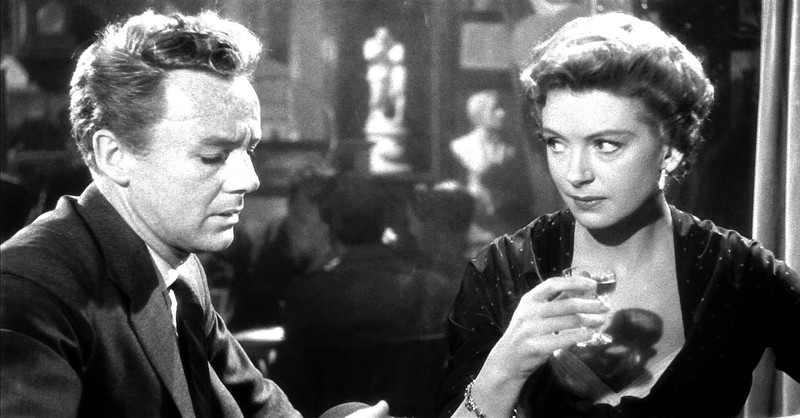
12. The End of the Affair (1955, directed by Edward Dmytryk)
Graham Greene wrote several novels about faith in the darkness—people finding God in unexpected places, being used despite their flaws. This adaptation of his 1951 novel faces the book’s religious questions head-on, avoiding the gratuitous material of its 2000 remake.
In World War II London, Maurice Bendrix begins an illicit relationship with Sarah Miles that ends abruptly. After the war ends, he returns to London and concludes she’s seeing someone else. To his surprise, Sarah has found religion, and her conversion has something to do with their past. Can Maurice get her back… or has God claimed her?
Many stories talk about how God loves us, less about the Old Testament idea that God is like a lover—devoted, never stopping until he has all his beloved. This movie cleverly explores that theme, showing how God can touch our hearts when we least expect it.
Photo Credit: Coronado Productions/Columbia Pictures
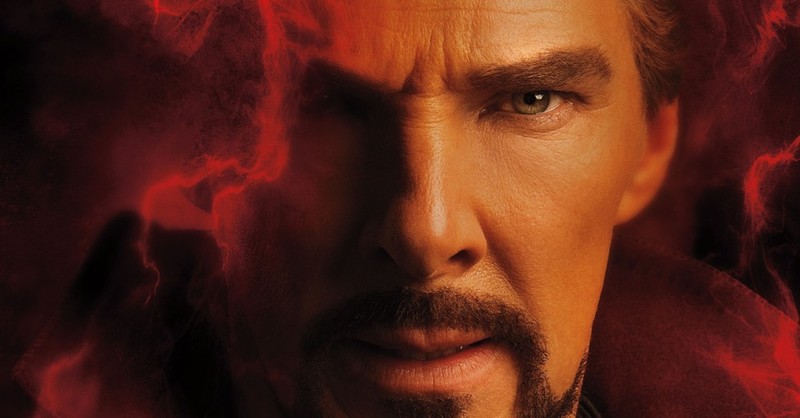
13. Dr. Strange (2016, directed by Scott Derrickson)
Scott Derrickson already had a reputation as an interesting Christian filmmaker working in mainstream Hollywood before this movie brought him new audiences. In at least one interview, Derrickson stated that he didn’t want Dr. Strange to be a blatantly Christian film, and it isn’t. However, it contains many subtle spiritual insights.
Stephen Strange is an arrogant surgeon who mocks any belief in the supernatural until a car accident destroys his hands. His journey for healing leads him to a band of sorcerers who have kept the universe intact for centuries. A rage-fueled rebel threatens the order these sorcerers have created, and Strange joins them in what could be their greatest battle. As Strange gains new skills, he realizes his healing journey is inward. He must overcome his need to be in control and learn about repentance and sacrifice before becoming whole.
Photo Credit: ©Disney
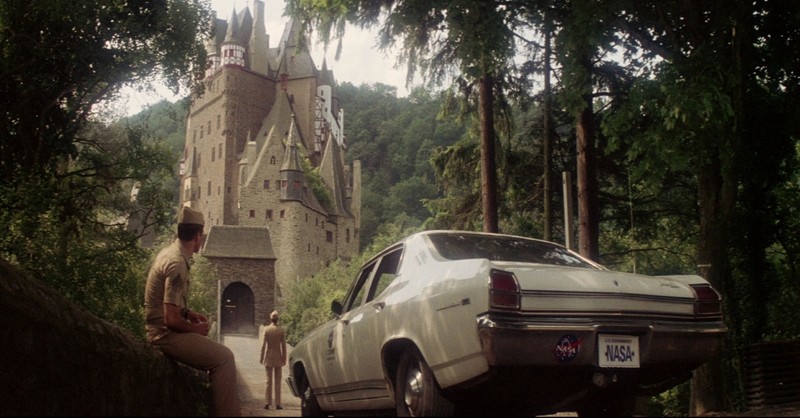
14. The Ninth Configuration (1980, directed by William Peter Blatty)
William Peter Blatty was a strong Catholic with a successful career writing comedy novels and films (including the second Pink Panther movie). Based on one of his novels, this unconventional religious comedy initially looks like One Flew Over the Cuckoo’s Nest with soldiers. After numerous soldiers have unexpected mental breakdowns, the government puts them under study. The patients exhaust any psychiatrist who tries to decipher their behavior… until Vincent Kane arrives. Kane is a God-fearing man trying to reconcile God’s existence with life’s chaos. Similar questions plague his star patient, a Catholic who demands proof of God.
While the movie’s first half is slapstick, rude jokes, and occasional foul language, someone drops a religious question every few minutes. Those questions become more important as the movie continues, showing this is a story about faith. In a crazy world, can we believe in God? If so, what proof do we have of his goodness?
Photo Credit: William Peter Blatty/Warner Bros via IMDb
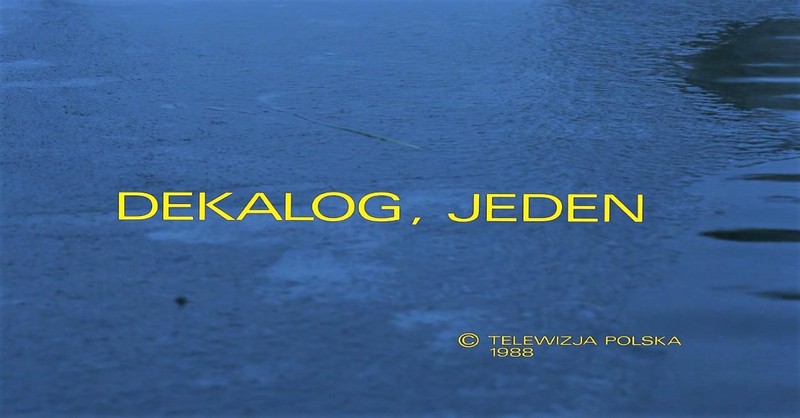
15. Decalogue: One (1988, directed by Krzysztof Kieślowski)
Krzysztof Kieślowski directed several great films with spiritual themes. However, his best-known work (The Three Colors trilogy) contains some mature scenes and is a little complex. Decalogue: One is a better place to start. This hour-long film is the first of 10 films inspired by the 10 commandments, each set in a Soviet-era Polish housing project. The first film follows a particular tenant, a professor who lives with his young son. The professor doesn’t believe in God or an afterlife, but his son feels more connected to his aunt’s faith.
Like the other Decalogue films, Decalogue: One doesn’t immediately tell you which commandment it is based on. As the story progresses, one commandment applies: “thou shalt not have any gods before me.” Whether to trust in rationalism or faith, in what can be measured or in something higher, permeates the story.
Photo Credit: Zespol Filmowy "Tor"/Sender Freies Berlin/Telewizja Polska via IMDb
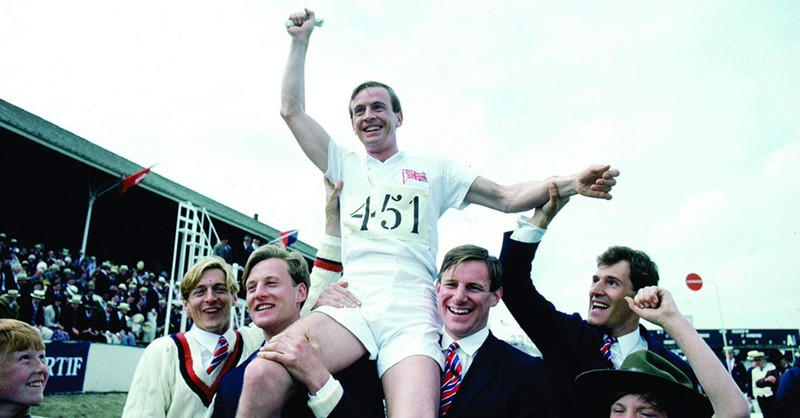
16. Chariots of Fire (1981, directed by Hugh Hudson)
Any list of great films about sport and faith has to include this film at some point. It opens in 1919 when Harold Abrahams arrives at Cambridge. Abraham devotes himself to becoming what the antisemitic staff doesn’t believe he can be: an Olympian. Meanwhile, Eric Liddell wonders if he must choose between two callings: his passion for running and his passion for the mission field. Their journeys intertwine at the 1924 Paris Olympics.
Eric Liddell’s story helps viewers consider what it means to have a calling and why we assume “sacred” versus “secular” callings can’t honor God. The contrast between Liddell—tolerant, kind to Abrahams—and the antisemitic teachers who claim to be Christians provides another interesting study. Which characters are living out the Bible’s teachings more accurately?
Photo Credit: ©Warner Brothers
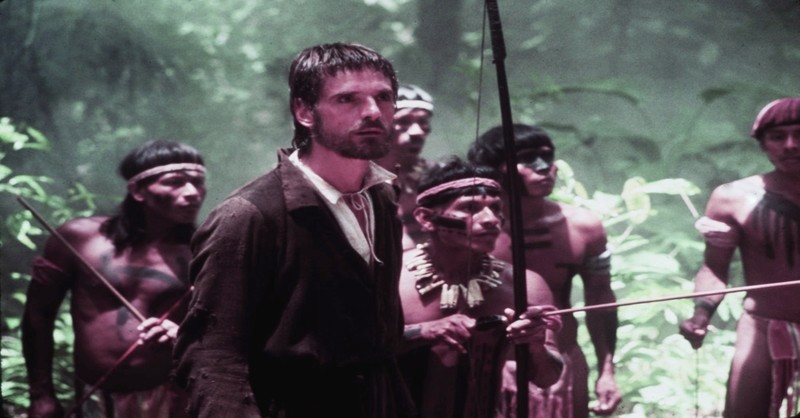
17. The Mission (1986, directed by Roland Joffé)
In 18th-century South America, Father Gabriel struggles to build a Jesuit mission. The locals aren’t sympathetic to Christianity, and Gabriel’s superiors don’t always have holy motives. When Gabriel meets Rodrigo Mendoza, a slaver seeking penance after killing someone, he suggests something harsh. Rodrigo must climb the Iguazu Falls, carrying his armor on his back, and seek pardon from the natives he has hurt. Even if Rodrigo finds the peace he craves, new political decisions may destroy everything Gabriel has built.
Robert Bolt’s script may not have the nuance of his earlier work, A Man For All Seasons, but he gives a complex picture of missionary work in South America. Colonialism and religious fervor combine, sometimes fighting and feeding off each other. The Mission also faces questions about pacificism versus just war theory, highlighting how Christians have taken both stances.
Photo Credit: Goldcrest Films/Warner Bros via IMDb
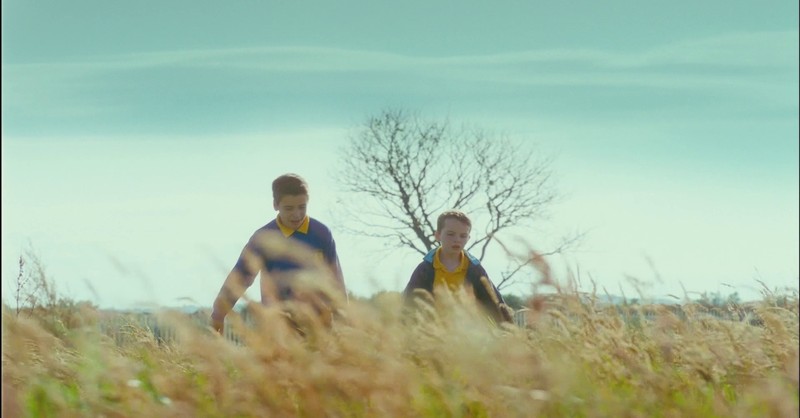
18. Millions (2004, directed by Danny Boyle)
Nine-year-old Damian is a Catholic schoolboy who talks to medieval saints and wishes his mother was still alive. Everything gets harder when his father moves the family to a new neighborhood. Then Damian and his brother Anthony find a duffel bag of money by the train tracks. They must decide what to use the money for before the United Kingdom switches from pounds to Euros in a week. Anthony wants to buy toys. Damian wants to help the poor. Meanwhile, a stranger lurks around their neighborhood, seeking the duffel bag.
The movie may leave it open whether Damian’s conversations with saints are his imagination, but the movie’s certainly about whether he can live a saintly life. He must face the temptation to be greedy or prideful and learn to give money wisely to the truly needy. Above those questions are meditations on family and honoring loved ones who have passed on.
Photo Credit: Pathé Pictures International/UK Film Council/BBC Films/Mission Pictures/Inside Track 2/Ingenious Film Partners via IMDb
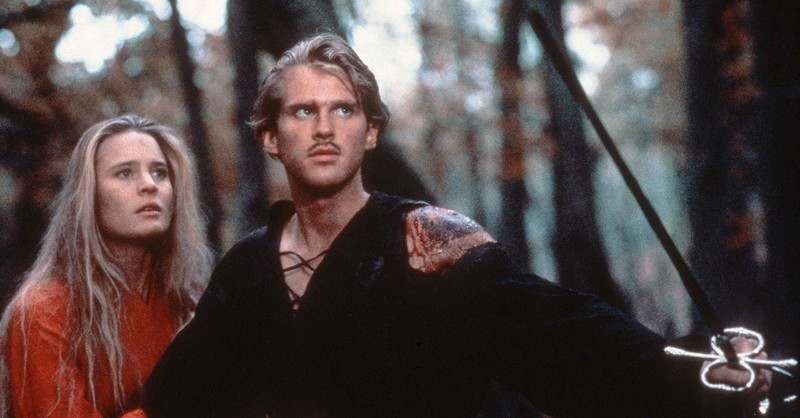
19. The Princess Bride (1987, directed by Rob Reiner)
Buttercup hopes to marry his fiancée Wesley as soon as he returns from making his fortune. When pirates reportedly kill Wesley, she gives up on love. When the kingdom’s Prince Humperdink selects Buttercup for his wife, she resigns herself to a loveless marriage. Then mercenaries kidnap Buttercup, and Wesley returns. Will they outwit their enemies and be together?
This film continues to enchant, partly because it treats romance and adventure as complicated. One character observes, “who said life is fair? Where is that written?” Expectations get broken, and then something surprising happens. In that respect, The Princess Bride balances a theme routinely mentioned in the Bible: pain is part of this life, and we’re not promised everything will go as planned. However, amid life’s pain, humans still have value. Love, true love, is still worth pursuing.
Photo Credit: ©20thCenturyFox/People.com
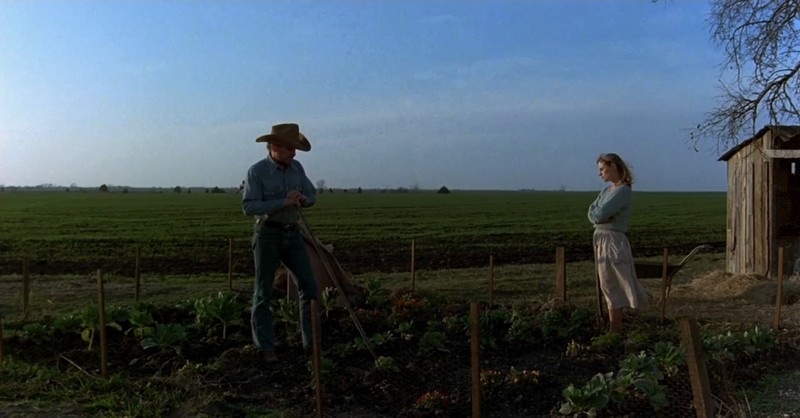
20. Tender Mercies (1983, directed by Bruce Beresford)
Once upon a time, Mac Sledge was the biggest name in country music. Since his divorce, he’s become a hard-drinking drifter. He lands at Vietnam widow Rosa Lee’s motel and gas station and offers a deal: work for lodging. Slowly but surely, Rosa learns to trust Mac. Mac sobers and bonds with her son. As he’s drawn to Rosa Lee, Mac also starts thinking about God for the first time in a while. However, Mac’s shot for redemption runs into trouble when he gets a chance to see his ex-wife, reopening old wounds.
Tender Mercies sounds like a simple story with a predictable ending, but it skilfully skips over the tired tropes. It highlights the hard life its characters have lived and refuses to make redemption look easy. Slowly but surely, it shows that redemption is possible. The past’s scars remain, but new growth can happen.
Photo Credit: EMI Films/Antron Media Production via IMDb

Where to Find More Secular Movies with Christian Themes
If you’re interested in more movies like these, check out the following resources:
- Through A Screen Darkly by Jeffrey Overstreet or his website Looking Closer.
- Catching Light, Of Pilgrims and Fire, and Beautiful Light by Roy M. Anker.
- Stephen Greydanus' site Decent Films.
What secular movie do you love that has Christian themes? Share your thoughts on Crosswalk Forums!
Photo Credit: ©GettyImages/batuhan toker
Originally published Wednesday, 24 May 2023.










